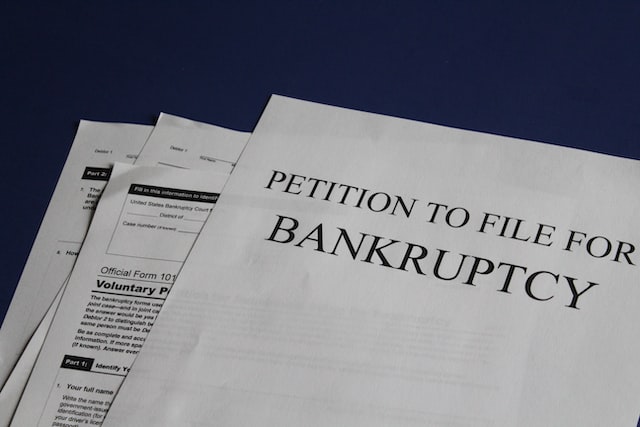If you’ve considered filing for bankruptcy, it’s imperative to understand the different facets of this process that could impact your case. One such matter is a reaffirmation agreement. If you’re unsure of the function of this document or why you may need one, you’ll want to keep reading. The following blog explores what you should know about these matters, including the importance of discussing your circumstances with Columbus Chapter 7 bankruptcy lawyers to assist you in this process.
What Is the Function of a Reaffirmation Agreement During Chapter 7 Bankruptcy?
A reaffirmation agreement is a legally binding document that allows the debtor to voluntarily agree to continue repaying a debt that would otherwise be discharged. A debt discharge means you are no longer legally obligated to continue making payments on a debt, as your liability is removed from the debt. Most commonly, this is used to continue making payments on secured debts, which are debts guaranteed by collateral property, like a car or home.
First and foremost, it’s important to understand that a reaffirmation agreement is only something that can be used during Chapter 7 bankruptcy. This is because you are not at risk of losing property during Chapter 13 bankruptcy, since this is a repayment-plan-based option. This process reorganizes your debts into one large sum on which you will make monthly payments over a three to five-year period.
Why Would I Want to Reaffirm a Debt That Could Be Discharged?
Generally, you’ll find that the most common reason someone would want to reaffirm a debt they would otherwise have discharged during this process is because it is secured property. As such, if you wish to retain the asset, reaffirming the debt can help ensure that the property remains yours, as you will continue making payments. For example, if you have a car loan that is eligible for discharge, it would require the lender to repossess the property. However, by reaffirming the debt, you can make payments on the car while keeping it.
Another common reason some choose to reaffirm debts is to protect co-signers. When someone cosigns a loan for you, they are held liable in the event you miss payments or default. Not only can this impact their credit, but when you file for bankruptcy, any debt that can be discharged during bankruptcy will only be discharged for the filer. As such, your co-signer would still be responsible for making payments on the loan. As such, many opt to co-sign a debt to help shield a co-signer from the harassment of creditors.
Going through bankruptcy is an incredibly difficult process that requires careful planning and guidance to ensure no errors are made that can invalidate your case. That is why working with the team at Cousino & Weinzimmer LLC is in your best interest. We understand how difficult these matters can be, which is why we are committed to helping ou reap the full benefits of bankruptcy. Contact us today to learn how we can assist you.



